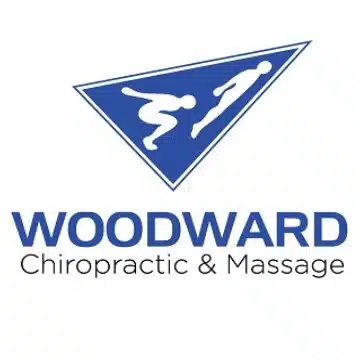The Relationship of the Hip, the Low Back, and Knee
The hip is unlike any other joint. It is a ball-and-socket joint that is made up of the femoral head (the “ball”) and the acetabulum (the “socket”). The hip is surrounded by some of the strongest muscles and ligaments in the body. The hips are affected by the feet and knees. For instance, fallen foot arches causes a knocked knee


